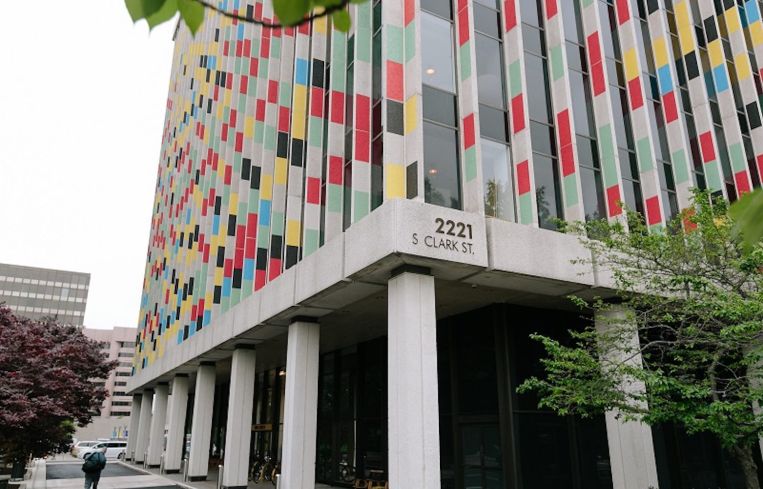New Policy Could Encourage Co-Living in DC Region
By Celia Young September 2, 2021 6:46 pm
reprints
The Planning Commission of Alexandria, Va., is considering a policy that will allow for more co-living across the city, in an effort to increase affordable housing options for residents.
While co-living arrangements require a special use permit process in Alexandria, the new policy would allow up to two co-living units in multifamily, residential, commercial and office zones without a permit, according to a new initiative from the city. Any additional rooms per unit would still require a special use permit.
Co-living, which has grown in popularity in recent years, is an arrangement where individuals can rent private bedrooms in housing with shared common spaces, on separate leases from their roommates.
The D.C. region has long been battling rising rental prices and a lack of affordable housing. While the District remains one of the few cities in the country where rents are not back to pre-pandemic levels, it has been in the rebound for eight consecutive months, and surrounding areas have seen their rents rise. In Alexandria, rents were up 1.4 percent in August, and 5.4 percent year over year, according to a report from Apartment List.
Now, the city of Alexandria is hoping co-living will be part of the solution in providing market-rate affordable units, streamlining the process to live in these spaces, and expanding housing choices, ALXnow reported.
“In the course of research we did not identify any cities that had regulations on the books long enough to really determine the long-term impact of this policy on housing affordability,” said a spokesperson for the city’s Department of Planning and Zoning in a statement to Commercial Observer.
In neighboring D.C., there are already a number of co-living buildings, but they are not necessarily affordable, and some more expensive co-living developments have been controversial with local residents. As of last year, co-living buildings are included in the district’s inclusionary zoning program — which requires that new residential developments include affordable housing —and are required to include affordable units priced between half and 80 percent of the area’s median family income.
D.C. allows co-living in single-family, multifamily and mixed-use properties with some limitations, so long as the operators of a co-living facility have an Administrative Special Use Permit from the district.
On Sept. 9 the Planning Commission will look over the new co-living rules, and the city is soliciting online feedback about the policy on its website until Sept. 5. The change, which will not impact single- or two-family residential zoning, will be considered by the Alexandria City Council in October, according to the city.
Celia Young can be reached at cyoung@commercialobserver.com.



